Christian Icon Of Virgin Mary
Christianity is one of the world’s largest religions, with billions of adherents globally, grounded in the life, teachings, death, and resurrection of Jesus Christ. Emerging from Judaism in the first century CE, it holds that Jesus is the Messiah (Christ) foretold in the Old Testament. His ministry, marked by teachings of love, forgiveness, and redemption, has had a profound impact on history, society, and culture.
At its core, Christianity emphasizes the belief in one God who exists in three persons—God the Father, God the Son (Jesus Christ), and God the Holy Spirit. This doctrine, known as the Trinity, reflects a monotheistic faith while conveying the relational nature of God. Christians believe that Jesus, fully divine and fully human, came to earth to reconcile humanity to God through his sacrificial death on the cross. The resurrection of Jesus is central to Christian faith, symbolizing victory over sin and death and offering believers the hope of eternal life.
The Bible, composed of the Old and New Testaments, is the sacred text of Christianity. The Old Testament contains the scriptures of Judaism, including the Torah, historical accounts, poetry, and prophecies. The New Testament focuses on the life and teachings of Jesus, the early Christian church, and letters from apostles such as Paul, who sought to spread the message of Christ. The Bible serves as the authoritative source for doctrine, guidance, and moral living, influencing not only personal beliefs but also shaping laws, ethics, and culture throughout history.
Faith in Jesus Christ is the cornerstone of Christianity, often articulated through the process of conversion, which involves acceptance of Jesus as Lord and Savior. This personal relationship with Christ is viewed as transformative, enabling individuals to experience grace—the unmerited favor of God. Salvation, according to Christian beliefs, is a gift received through faith, not by works. This tenet encourages Christians to engage in charitable actions and service as an expression of their faith and love for others, embodying Jesus’ command to “love your neighbor as yourself” (Mark 12:31).
Christianity, with its diverse denominations and traditions, includes various expressions of worship and practice. Major branches include Roman Catholicism, Eastern Orthodoxy, and Protestantism. Each tradition holds distinct beliefs and practices yet shares core tenets of faith in Jesus Christ. The Catholic Church, led by the Pope, emphasizes tradition, sacraments (such as baptism and Eucharist), and the intercession of saints. Eastern Orthodox churches value liturgical worship and the mystical experience of faith through sacraments. Protestantism emerged in the 16th century Reformation, advocating for scripture alone (sola scriptura) as the authority in matters of faith and practice, leading to diverse denominations such as Lutherans, Baptists, Methodists, and Pentecostals.
The Christian community is also characterized by the practice of fellowship, communal worship, and prayer. Church services typically involve singing hymns, reading scripture, preaching, and partaking in sacraments, fostering a sense of belonging and spiritual growth. Many Christians also engage in personal practices of prayer and Bible study, seeking to deepen their understanding of God and His will for their lives.
Christianity has played a pivotal role in social justice movements throughout history, advocating for the marginalized and oppressed. Influential figures such as Martin Luther King Jr. drew upon Christian teachings to champion civil rights, emphasizing nonviolent resistance grounded in love and justice. Moreover, many Christian organizations dedicate themselves to humanitarian work, tackling issues like poverty, education, and health care globally, reflecting the faith’s commitment to serving others.
Beliefs about the afterlife are essential in Christianity, wherein followers hold that all people face judgment after death. Those who have accepted Christ are promised eternal life in heaven, while others face separation from God. This perspective on eternal destiny motivates evangelism and missionary work, as Christians are called to share the gospel and invite others into the faith.
Christianity is not without its challenges and controversies. Issues such as differing interpretations of scripture, moral questions, and the relationship between science and faith often spark debate within the community and the broader society. Nevertheless, Christianity continues to adapt and respond to contemporary issues, seeking to remain relevant while rooted in its core beliefs.
In summary, Christianity is a rich and complex faith that offers hope, purpose, and a pathway to experiencing God’s love. Through its teachings, practices, and community life, it invites individuals to a transformative relationship with Jesus Christ. With over two millennia of history, it remains a vital force in the lives of billions, influencing personal conduct, social values, and global movements toward justice and compassion. Whether through acts of service, expressions of worship, or the pursuit of justice, the Christian faith seeks to embody the teachings of Jesus, fostering an inclusive community rooted in love, grace, and the promise of redemption.
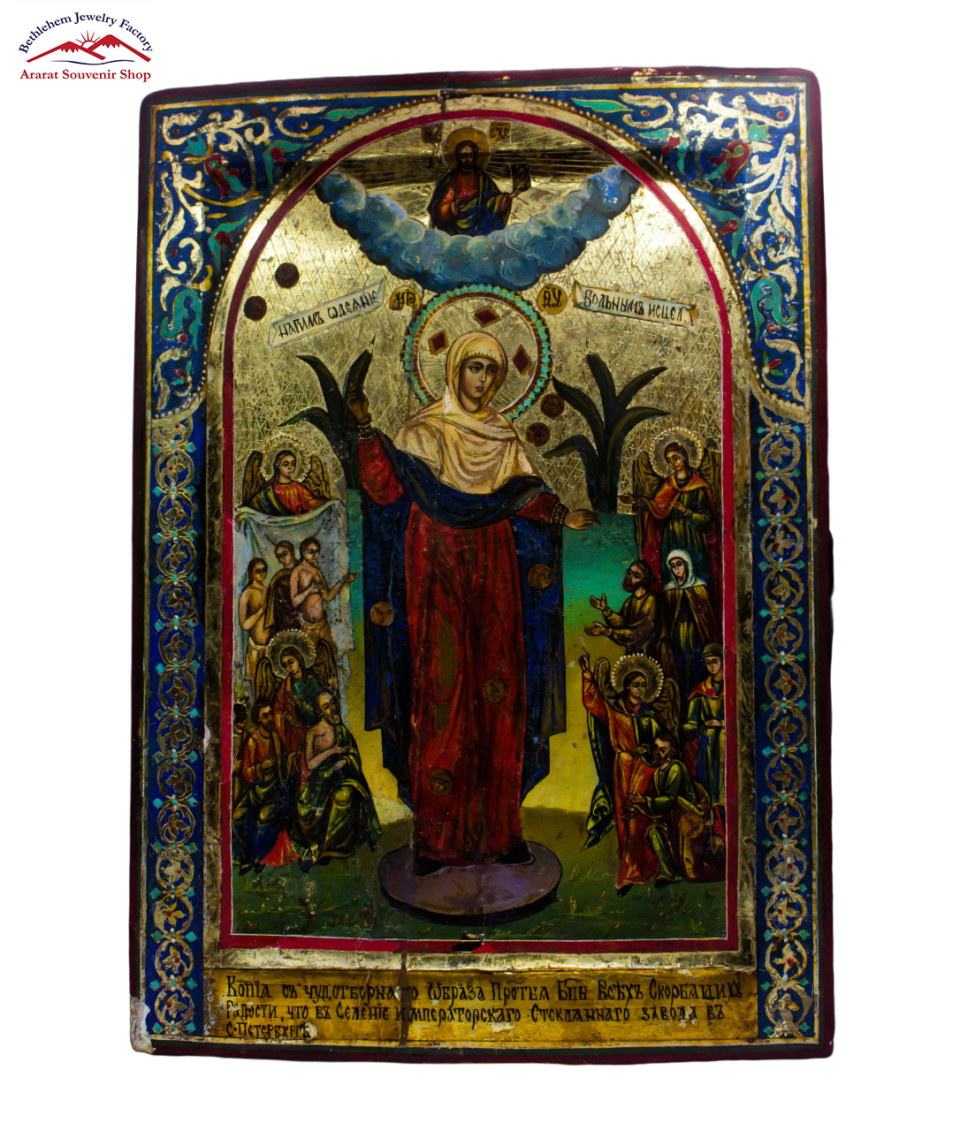


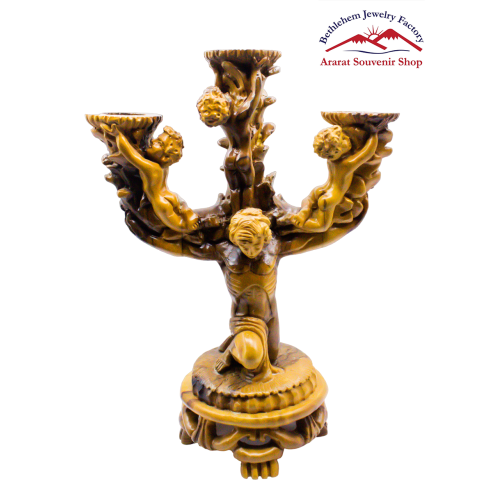
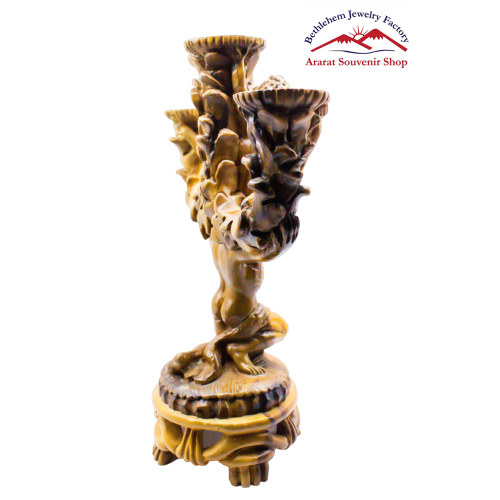


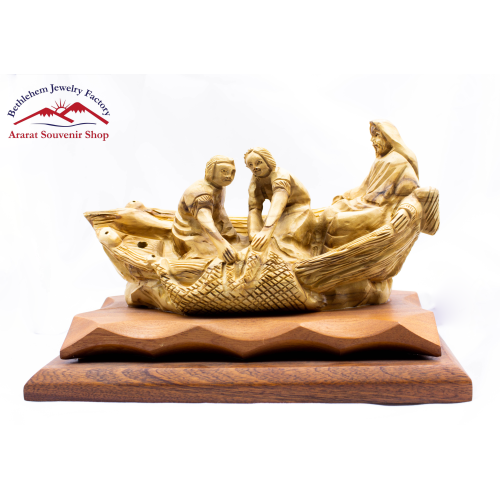
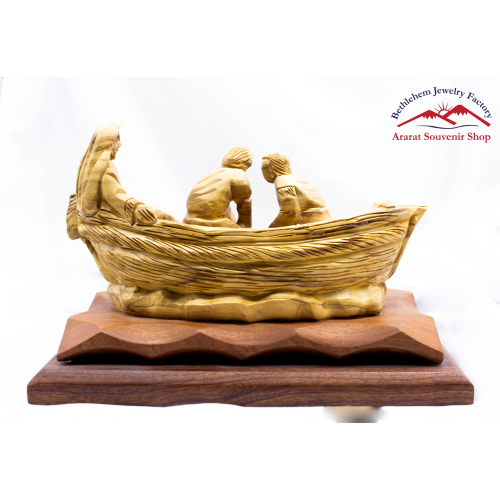


Reviews
There are no reviews yet.